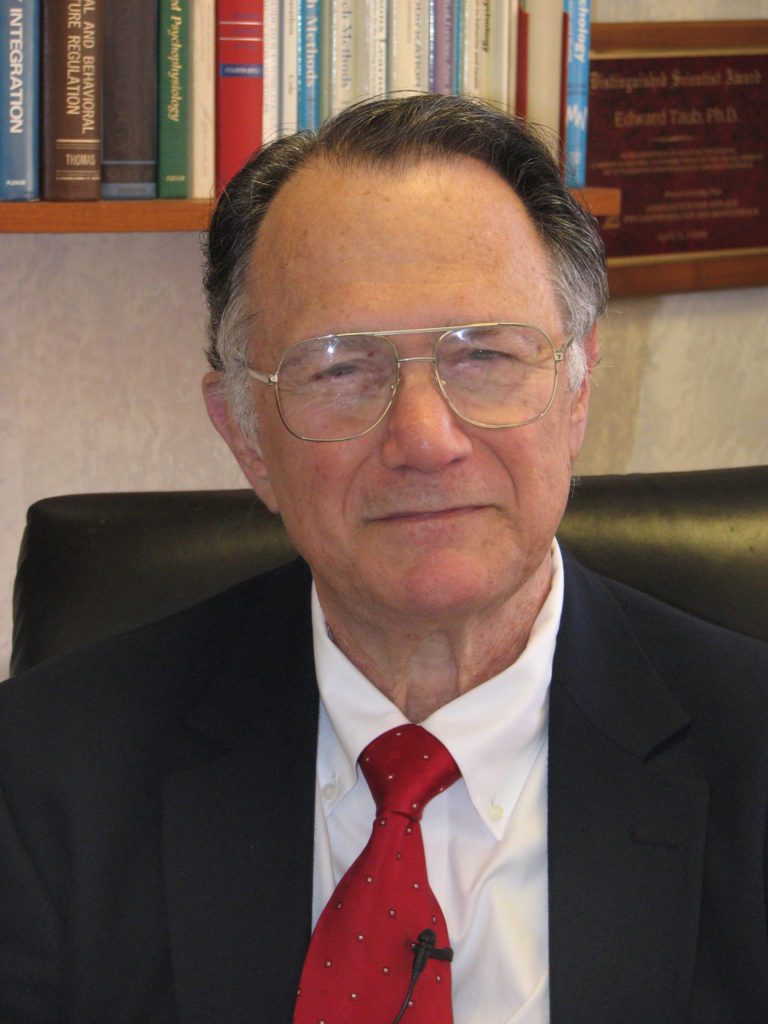Today’s episode is a conversation with Dr. Edward Taub. Dr. Taub is a professor at the University of Alabama at Birmingham and a behavioral neuroscientist. He “developed a family of techniques, known as Constraint-Induced Movement Therapy, or CI Therapy for short, that have been shown to be effective in improving the rehabilitation of movement after stroke, traumatic brain injury, cerebral palsy in young children, multiple sclerosis and other neurological injuries. He has also developed a form that is efficacious in the treatment of post-stroke aphasia,” according to the UAB website (cited below). I first read about Dr. Taub in the Dr. Norman Doidge book, The Brain That Changes Itself, and was honored to get to spend a little time chatting with him directly about his work. In this episode, we discuss the questions and experiments that led Dr. Taub and his colleagues to eventually create CI Therapy, including how they applied what they learned from their experiments with monkeys to humans. We discuss the importance of patients continuing to seek improvements outside of therapy, the reasonable expectations and limitations of CI therapy, among other topics relating to this work. We finish the episode talking about meditation and Dr. Taub shares a surprising story of how transcendental meditation improved his life.
Dr. Taub at UAB: https://www.uab.edu/cas/psychology/people/faculty/edward-taub
Dr. Taub and The Dalai Lama: https://www.youtube.com/watch?v=zJlmRISL-QA&t=7485s
“The Brain That Changes Itself”: http://www.normandoidge.com/?page_id=1259

